Ván of Sankai
Compositions
Ván of Sankai is best remembered for Songs of Kauteirin, a collection of earlier epic poems, adapted into a novel musical style that was inspired by the Sayal Memory Songs.
The uniqueness of her compositions came from adapting the accapella Sayal melodies to full orchestras of the popular Faren instruments including flutes, citharas and percussions. The lyrics of the songs were adapted from the works of the previous poet generations, and were usually of mythological topics. She did not speak Sai Õl Tal, so despite studying Saial music for years, the original lyrics had little to no influence on her works.
Sample
This sample is from the beginning of the Songs of Kauteirin, from a passage that tells of the birth of Kauteirin the Fair and his twin brother Daursan the Tall. A full summary of the epic can be found here. As is typical for the early Faren epic poetry, it is written in the dactylic hexameter (English translation not in the meter).
Hero Ásinnar was pregnant
And when the time of giving birth came near
She went to a small village for shelter
An old widow took her to her house
She said her name was Sasinfa
but the hero did not tell her her name
But said: ”I'm just a peasant girl”
Original text in Nem (Faren language)
Keińi peked Ásinnar Táldar ná ahal hanra
Walginnit ked gadmacinei welesek nenu çelled
Ná felesek pendled ás mai paun ná penbeinsed
Táldarek ente ra’ nemled ássit sára Sasinfa
Ai maiyek den nemled sárá yenteli’ Táldár
Ai arnállit maikein kes nemled Ásinnar
Historical background
Missing Songs
A foundational figure to the Faren culture was the half-divine bard Kauteirin the Fair, who is said to have founded the city state of Fares (Silford) together with his twin brother Daursan the Tall. It is said that he was the greatest singer ever to live, save for the God Naruseińkaut. His songs were able to unite the Farens to fight off their Giant overlords, and establish the first true flourishment of the human culture.
However, none of the songs of Kauteirin were ever recorded, since the art of writing and the musical notation had not yet been invented. Their beauty was corrupted during the following generations trying to perform them, until they were no more than a memory.
Daursan and Kauteirin on a ceramic vase.
Kauteirin playes the lyre, while Daursan converses with a peasant woman.
Personal history
Early life
Ván was born in a village near Sankai on the eastern Lowlands, after her parents had fled there from the West Island during the reign of King Elderoak the Mad. She grew up surrounded by traditional rural songs of the farmers and goat herders.
Education
She was send to her formal education in Fares (Silford), but rather than focusing on studying the trade of scribe as she was supposed to, she soon joined a circle of poets and songwriters and began to study music.
She was first ridiculed because she was never a good singer, but she was soon found out to have a unique talent in composing. She had a special interest in the traditional music of the highlands that she had heard in her childhood.
Theory
During her studies Ván's interest became focused on the parts of Kauteirin's legendarium, that told of the time he had spent in highland temples studying and serving the Gods. This observation and her own childhood interest in the highland folk music lead her into developing her ground breaking theory. She proposed, that Kauteirin's music was preserved, not in the traditional lowland music, as was previously thought, but in the indigenous Saial Music.
But at that time the highland music was barely known in the Central Lowlands. She would have to organise her own journeys to study the music performed by the Sayal masters, develop a way to trancribe and preserve it, and present it's magnificence to her audience.
First Journey to the Highlands
In 692 Aramacänten (Mountain kingdom) and Fares (Silford) were negociating on the details of new trade relations. Ván managed to be hired as a scribe on the trip, because in addition to knowing the right people in the City, she was from Sankai (which at the time was a vassal city of Fares) and thus knew well the Eastern lowlands, that the routes were going to pass through.
The delegation spend much of the year in Wasäkawakal as the guests of the High Lord of the city. Whenever Ván could, she escaped to the calm of the city's Áçäwal temples, and listened to the magnificent singing of the masters there. She then began to develop her notation of the Sayal music, and began to wonder if she could find the roots where this music was coming from.
Second Journey
Right from when the she came back to the lowlands, she began to plan a second journey, but this time she was not planning to just stay in the city, but to travel to the far south where no Faren had ever gone before, to the remote pure roots of the music.
This opportunity finally came in 698. After spending the late summer in Isünókul and Wasäkawakal, she managed to find the right people who were willing to take a foreigner to the south. They travelled south of Aräwílü to the Sayal lands where the Kingdom had barely any control. After a difficult journey the party reached a remote mountain top monastery of Mup'äqi Šä where they spend the winter.
Later years
Ván spend the following years absorbed in her composing, often visiting the highlands. Her magnum opus, Songs of Kauteirin was finally performed in full in the Silfordan Spring Festival of 705. Her composition was soon pronounced by the Senate to be the definite version of the epic.
Less is known of her later years. Although smaller new works were performed occasionally, she seems to have avoided the fame. It is believed that she lived in the eastern lowlands, and there is a grave claimed to belong to her in Sankai, that has become a site of pilgrimage for later composers.
And when the time of giving birth came near
She went to a small village for shelter
An old widow took her to her house
She said her name was Sasinfa
but the hero did not tell her her name
But said: ”I'm just a peasant girl”
Keińi peked Ásinnar Táldar ná ahal hanra
Walginnit ked gadmacinei welesek nenu çelled
Ná felesek pendled ás mai paun ná penbeinsed
Táldarek ente ra’ nemled ássit sára Sasinfa
Ai maiyek den nemled sárá yenteli’ Táldár
Ai arnállit maikein kes nemled Ásinnar
Missing Songs
A foundational figure to the Faren culture was the half-divine bard Kauteirin the Fair, who is said to have founded the city state of Fares (Silford) together with his twin brother Daursan the Tall. It is said that he was the greatest singer ever to live, save for the God Naruseińkaut. His songs were able to unite the Farens to fight off their Giant overlords, and establish the first true flourishment of the human culture.However, none of the songs of Kauteirin were ever recorded, since the art of writing and the musical notation had not yet been invented. Their beauty was corrupted during the following generations trying to perform them, until they were no more than a memory.
Early life
Ván was born in a village near Sankai on the eastern Lowlands, after her parents had fled there from the West Island during the reign of King Elderoak the Mad. She grew up surrounded by traditional rural songs of the farmers and goat herders.Education
She was send to her formal education in Fares (Silford), but rather than focusing on studying the trade of scribe as she was supposed to, she soon joined a circle of poets and songwriters and began to study music.She was first ridiculed because she was never a good singer, but she was soon found out to have a unique talent in composing. She had a special interest in the traditional music of the highlands that she had heard in her childhood.

Aradal
Historical Setting
At first the temple was amazing, I used to sit there hours, just mesmerised, listening to the music. But I soon began to recognise familiar harmonies in the singing. I felt it was too familiar, too corrupted already! There has to be someting still more pure and original somewhere!
We were crossing a mountain passage, when a snow storm caught us. It was foolish to leave so late, but we had to when we still had the chance. Hope the storm will clear out by the morning
We managed to descend down to the valley. We are deep in the Sayal lands now, and the local peasants were not too happy to see us. The interpreters tried to explain we didn't come from the king. Don't know if they believed.
Finally reached the monastery. The walls are cold at night, but how good it is to sleep inside once again! Haven’t had time for work yet, but I can already hear the melodies that are song here are different, almost alien to my ear!
I must say I’m a bit disappointed, I think I keep hearing the same songs all over once I got to know them. This place and atmosphere is awesome though! I think I’m getting into composing something new once again.
Ran out of paper, and no way get more here. Scribing on these damp clothes. Symphony coming together in my head. Can’t wait for the spring so I can get down from here & hear it from a true orchestra.



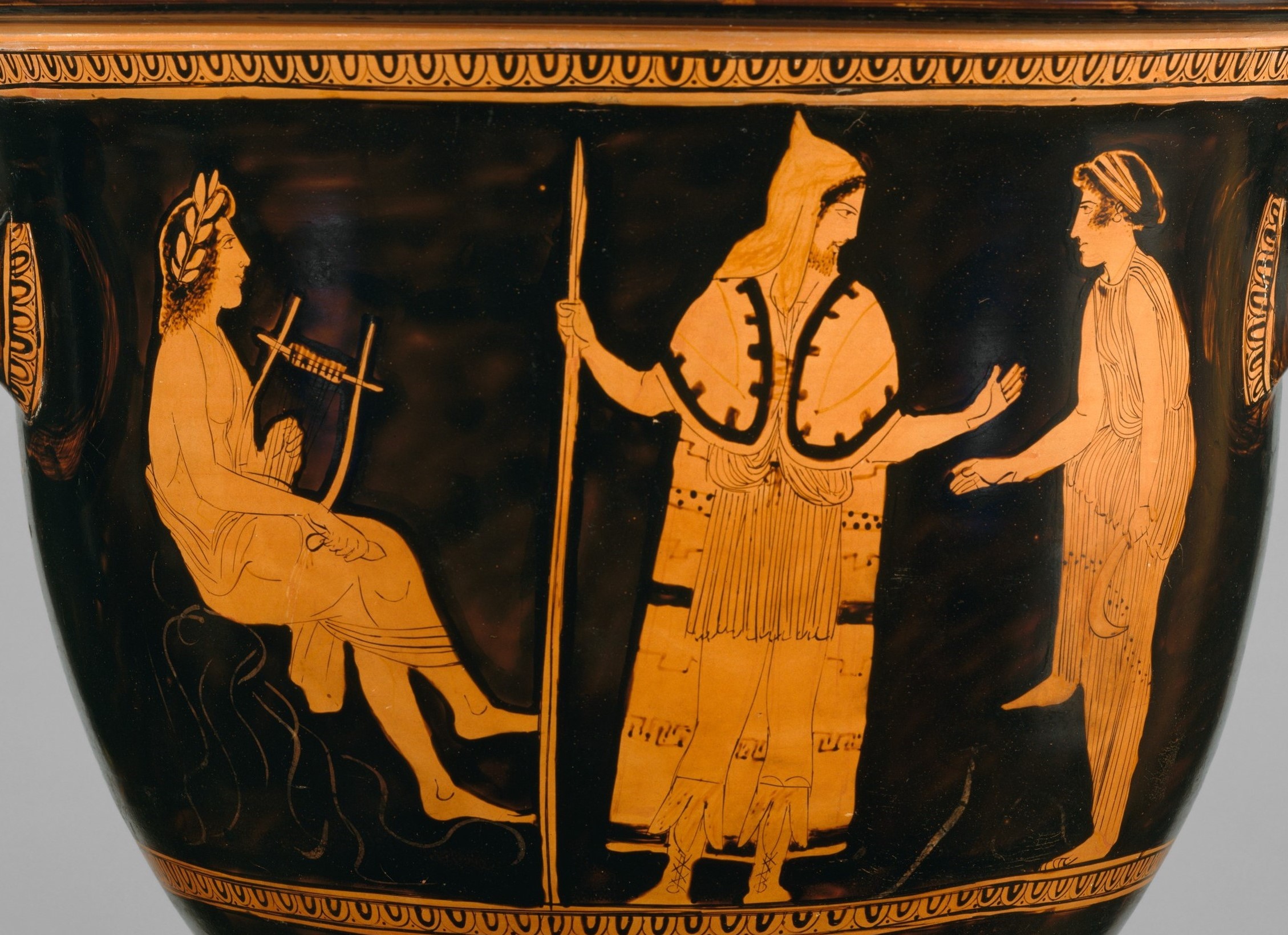


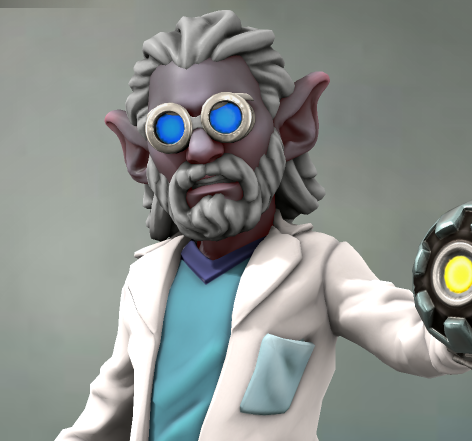

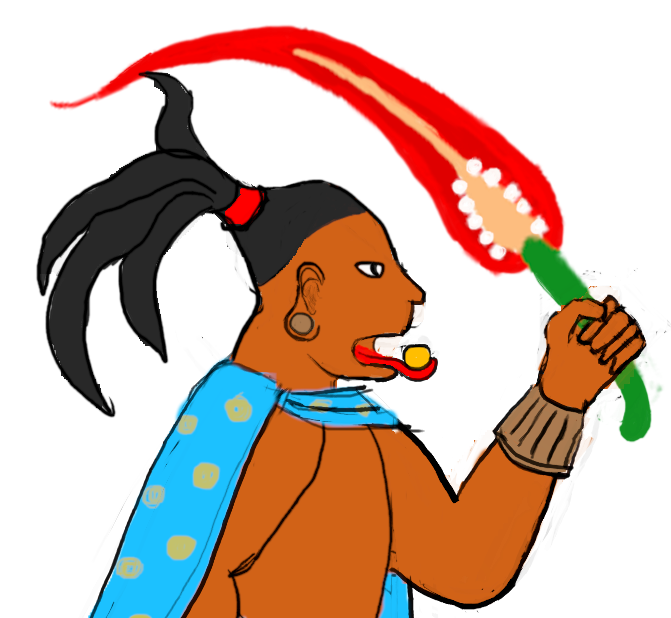


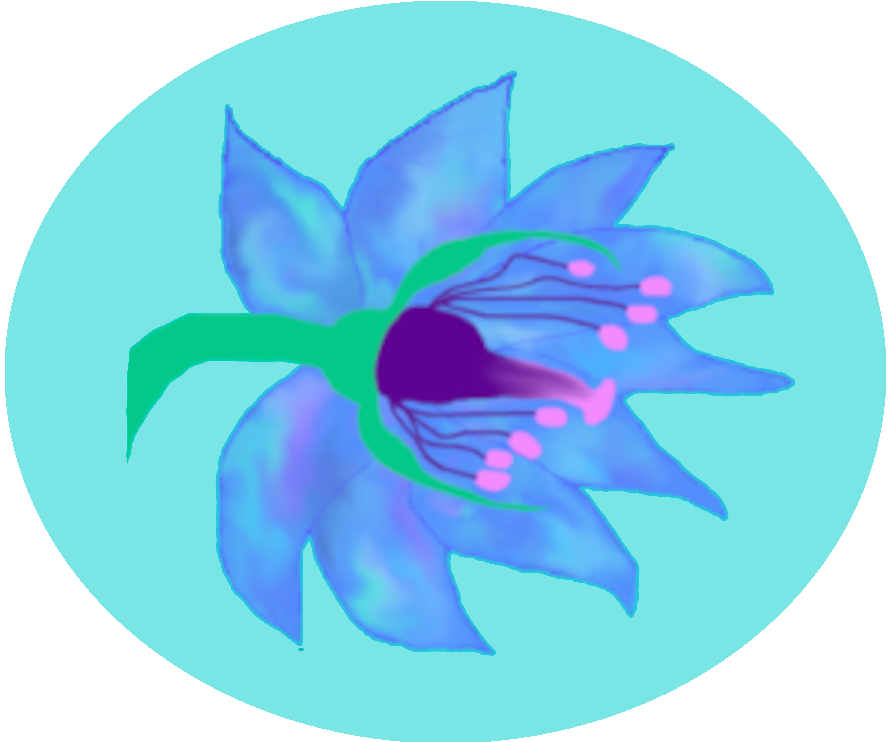

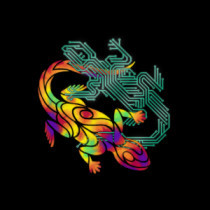
Reminds me a little bit of the founding of Rome by Romulus and Remus. But then Van wanders off from her studies to the poets only to end up in Áçäwals. I love it because I can imagine that she learnt a lot while staying there. Would love to hear her works and to read on her journey if there is one. :)
I'm glad you noticed what influenced me haha! The story goes, that the twins get into a fight over who should rule the city, but instead of fighting it to the death like Romulus and Remus did, they ask a peasant passing by who should rule it, and the peasant says "me". This is how democracy gets invented in Silford! I'm planning to expand on her journey in the future, I could learn more about the mountain regions with her as well heh...
I'm really looking forward to it :)